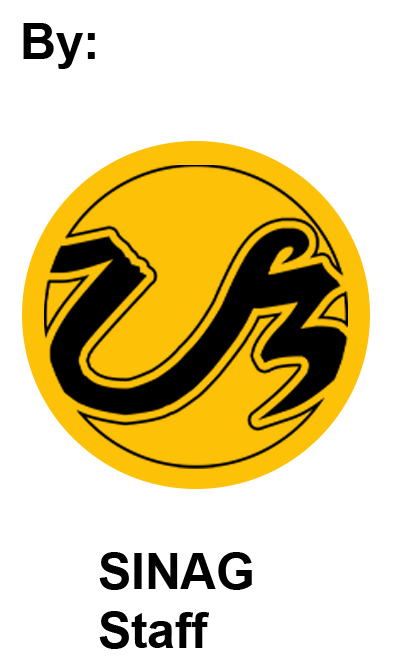
The Communist Party of the Philippines (CPP) condemns the recent blocking of “subversive” websites by the National Security Council upon request of Nation Security Adviser (NSA) Hermogenes Esperon last June 22.
CPP denotes the “Marcos Anti-Democracy (MAD) Firewall” as brazen censorship of information online through the blocking of 25 websites with alleged links to “terrorism,” inclusive of sectoral organizations, human rights advocates, and alternative media outlets among others. Esperon’s claims, however, are not backed by evidence. Critics lament the anti-democratic move as mere red-tagging.
The unreasonably implicated websites include those of Pamalakaya Pilipinas—a national federation of small groups of fisherfolks, Save Our Schools Network—a network of organizations that advocate for children’s rights and student evacuees’ access to Bakwit schools, Bulatlat and Pinoy Weekly—progressive media members of Altermidya, and other sectoral groups.
These progressive groups have consistently been subject to red tagging attacks and censorship under the Duterte regime.
READ: http://bitly.ws/sqPn
For instance, Bulatlat had been victim to consecutive distributed denial-of-service (DDoS) through state-sponsored digital attacks, hampering access to their website. Meanwhile, SOS Network is also at the receiving end of state terrorism, with volunteer teachers red-tagged, intimidated, and killed. Among them include the murder of Chad Booc and Gelejurain Nguho II.
READ: http://bitly.ws/sqUN
Moreover, CPP clarified that only seven websites are actually affiliated with them.
Six are websites of local cause-oriented groups; three alternative news websites; three journalists and academics websites; two international organizations websites; two international news websites; one news blog; and one blog of an Indian activist. All these red-tagged websites are of progressive groups.
The CPP contends that this censorship is an authoritarian measure “meant to suppress the people’s freedom to express criticism or grievance against the ruling government and ruling system and promote progressive, patriotic, anti-imperialist and revolutionary ideas.”
The CPP also cited previous incidences of censorship by the National Task Force to End Local Communist Armed Conflict (NTF-ELCAC), including the repeal of the UP-DND accord, the presence of the military in the University of the Philippines (UP), and the removal of supposedly “subversive” materials in state universities and colleges (SUCs).
READ: http://bitly.ws/sqQa
The CPP likewise raises concern and alarm on journalists and reporters who take on critical reportage as they “will soon be under intense pressure to suppress information, news reports and views expressed by the CPP, as well as progressive and patriotic.” They likewise lament the threats posed on sentiments and views critical of the foreboding Marcos II administration which are likely to be vilified by the state, citing that such reports “destabilize the government” and undermine the so-called unity brandished by the Marcos-Duterte tandem.
The CPP urges Filipino internet users to use alternative means to access the blocked websites through Tor Browser, proxies, and virtual private network services (VPNs).
They also urge other mass-oriented groups to continually fight for press freedom and the freedom of expression against the MAD Internet Firewall.
They add, “we call the broad masses of the people to take action, organize against online censorship and protest and manifest their indignation against the burgeoning authoritarian regime.”
Featured image courtesy of Rappler

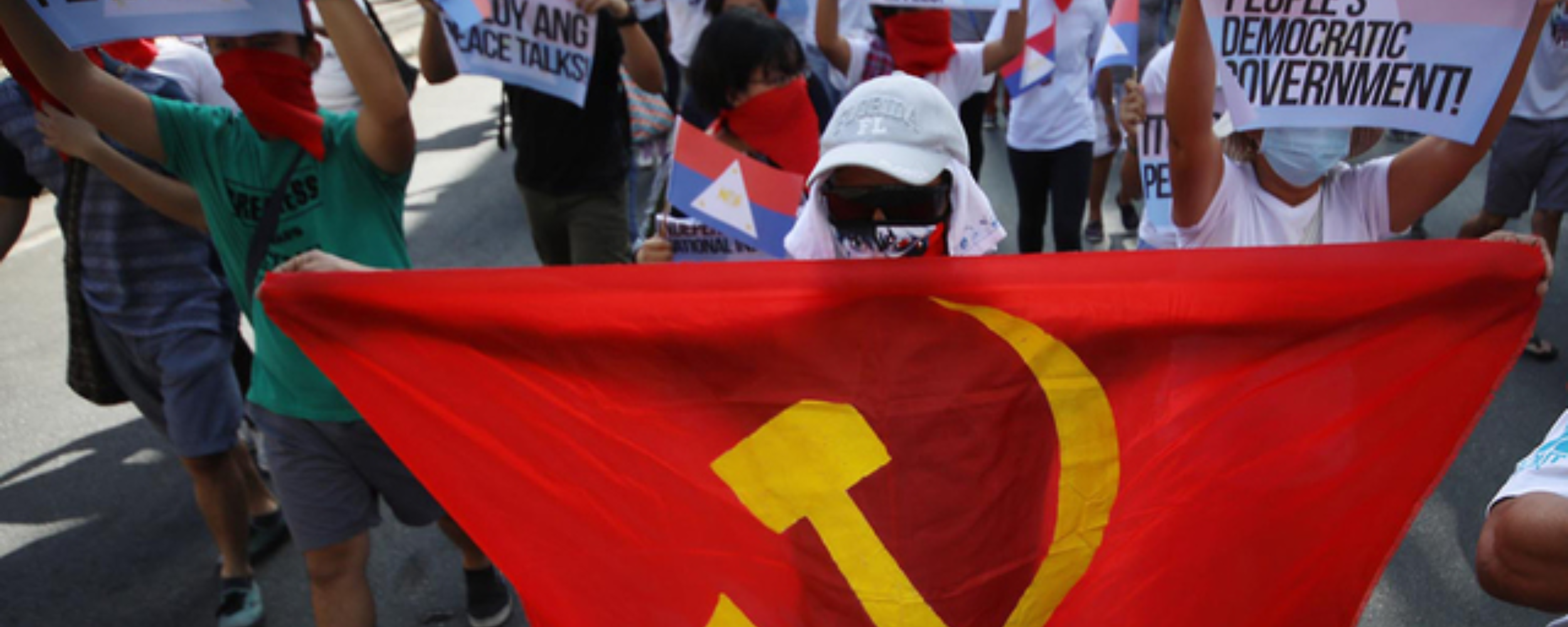

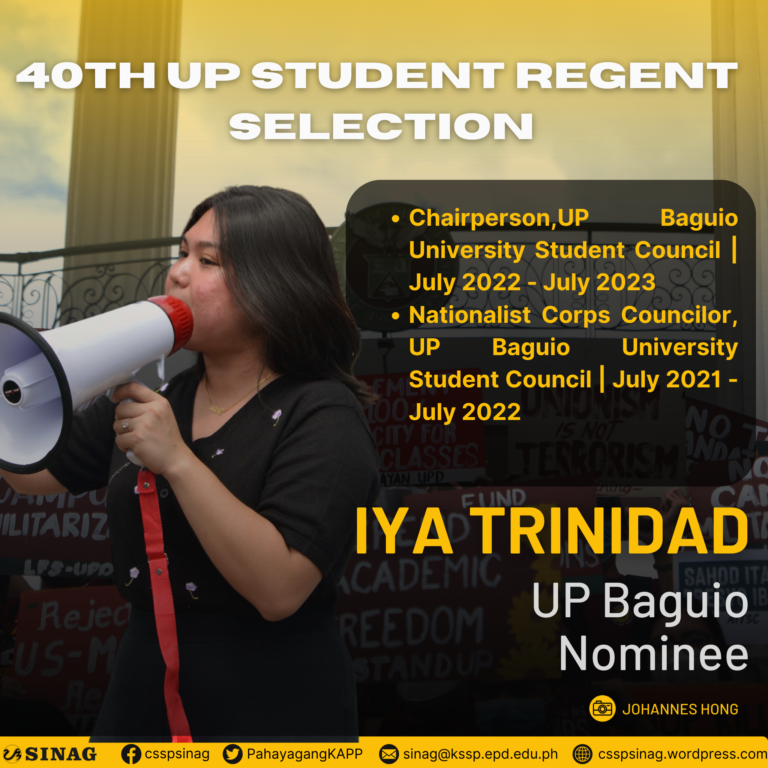

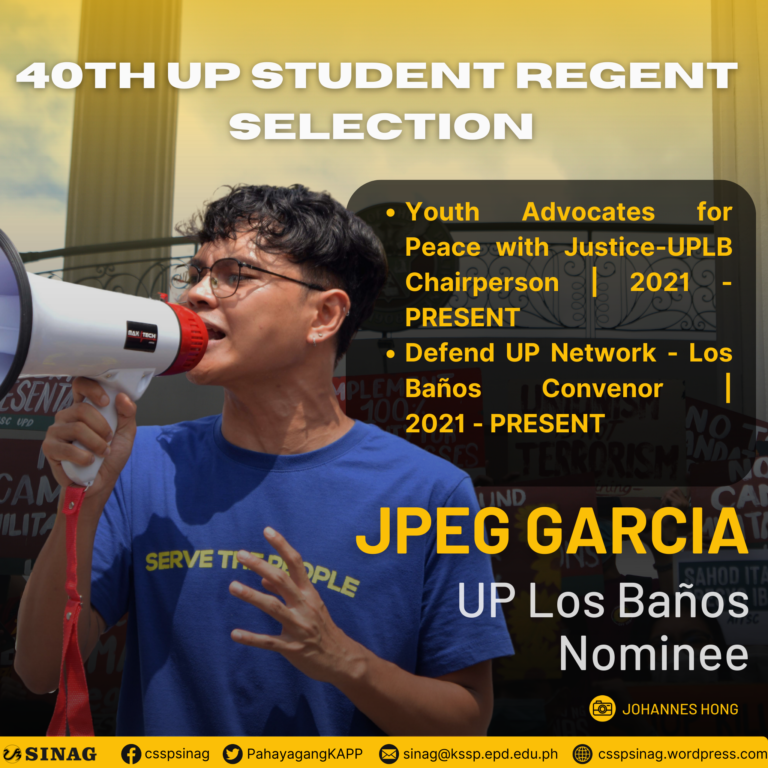
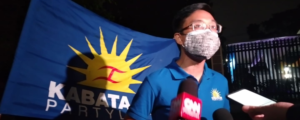
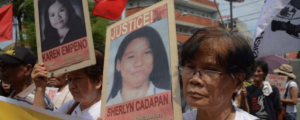
Thank you for the auspicious writeup. It in fact was a amusement account it. Look advanced to more added agreeable from you! By the way, how can we communicate?